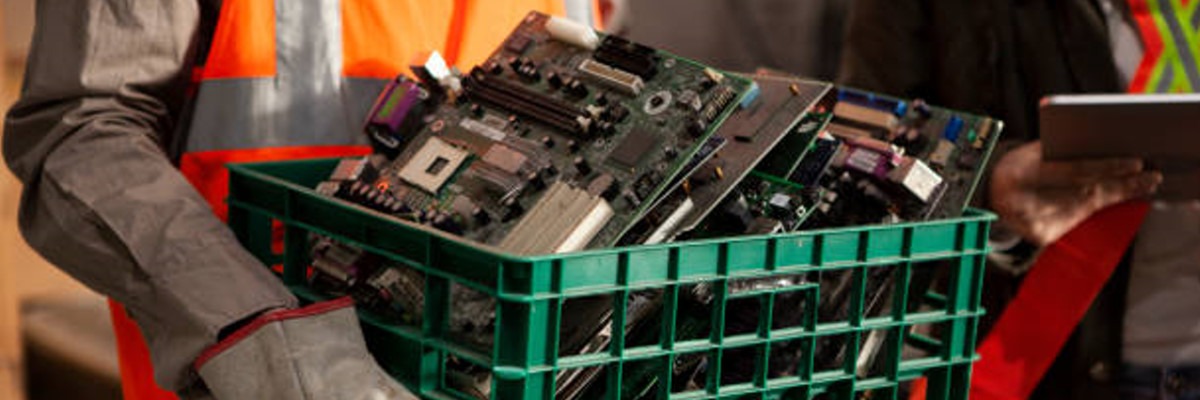Electronic waste
Also known as e-waste, contains valuable materials like copper, gold, and silver and hazardous materials such as lead, mercury, and cadmium. Improper disposal of e-waste can harm the environment and human health. Recycling involves disassembling electronic devices, sorting and separating the materials, and processing them into new products. The recovered materials can be used to manufacture new electronic devices or in other industries, such as construction and automotive manufacturing. Recycling electronic waste has several benefits, including conserving natural resources, reducing greenhouse gas emissions, and creating new jobs. Recycling e-waste minimizes the need for mining new raw materials, which can be a significant source of environmental damage and social conflict. Recycling e-waste recovers valuable materials and reduces the need for energy-intensive mining and processing of new materials, thereby helping to reduce greenhouse gas emissions.





